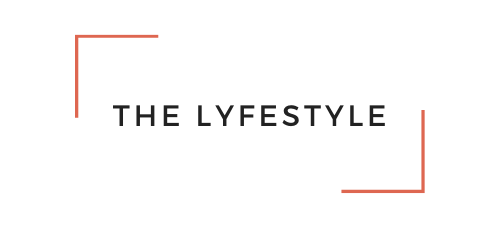Over the past couple of months we’ve discussed strategies to enter into beta brainwaves (focused execution), alpha brainwaves (metacognition and strategic thinking), and theta brainwaves (creativity). This week we’re going to discuss the slowest of the brainwave states: delta. Delta brainwaves occur at a frequency of 0.1 to 3 cycles per second (Hz) and usually occur during sleep or occasionally during very deep meditation.

During delta brainwaves, our mind and body regenerates. Sleep is when we restore energy levels, repair tissues, remove waste, and recover from a hard workout. Sleep also helps to regulate appetite, consolidate memories, and increase immune function. Pausing to rest during our waking hours gives our bodies and brains the break they need to recharge and sets the stage for getting a deep, restful sleep, in which we can fully recover. One way to do this? Take a vacation. And not just any vacation, a real vacation.
When was the last time you took a truly relaxing, restorative, health-building vacation? This means:
- You were entirely “unproductive.” You may have been engaged in meaningful activities, but you did not contribute toward your work life.
- You didn’t feel stressed or worried about what was happening in the “real world.”
- You didn’t check email or other work-related communications.
- You made arrangements in advance to arrive back to an empty email inbox.
- You returned home and to work feeling like a new you.
A vacation isn’t really a vacation if we never completely disconnect from work life. Unfortunately, this has become the norm for many.
Just the thought of being “disconnected” makes most people anxious, so they either don’t go away at all or they take their work with them. They fear they will return to a mountain of work, believe that no one else can do their job, or think that time off is harder with seniority. They want to show complete dedication to their work, and feel they are expected to respond to work while on vacation anyway.
However, research shows that taking more vacation days can actually improve your work performance. Project: Time Off, an initiative of the U.S. Travel Association, has discovered that people who used fewer than 10 of their earned vacation days per year had a 34.6% chance of a raise or bonus, while those who used more than 10 vacation days had a 65.4% chance. In addition, an internal study conducted by Ernst & Young found that for each additional 10 hours of vacation time employees took, their year-end performance ratings improved by 8%.
It’s time to end the myth that working more makes us more successful and valuable to our company. Rest and vacation relieve our minds of constant hustle, which leads to better performance when we get back from the break. Recharging also increases creative problem solving, accurate predictions of the future (better decision-making), and the ability to tune into others (better collaboration and teamwork). Not to mention, vacation allows us to catch up on much-needed sleep and allows us to enter into delta brainwaves.
We need to rethink the value of our vacations and start making recharge time a priority. When we prioritize rest and sleep and deliberately recover, we set the stage for better health and performance, and increase the possibility of reaching our dreams each day. It might seem counterintuitive, but deliberately recharging actually boosts brain power, energy, and achievement. It’s not time and productivity lost. It’s performance gained.
AUTHOR BIO
Greg Wells is the CEO and founder of Wells Performance, a global consulting firm on a mission to elevate how we live our lives at work and in life. He has worked with some of the highest-performing individuals on the planet, including Olympic and world champions and elite organizations including General Electric, BMO, Deloitte, KPMG, BMW, Audi, Sysco Foods, YPO and Air Canada. He is also committed to inspiring children and young adults, working with school boards and independent schools around the world.









